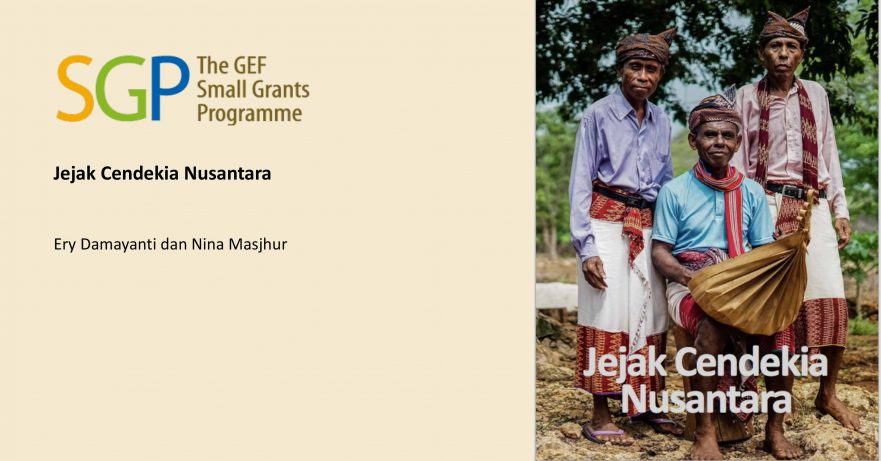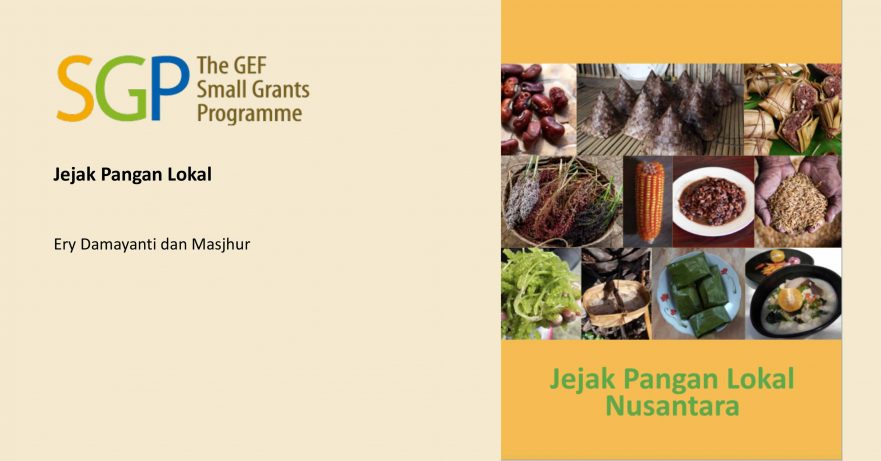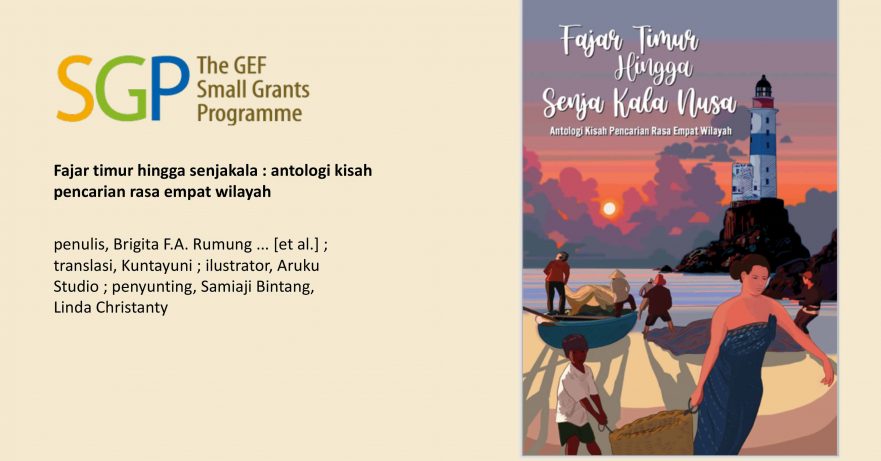
Global Green Growth Institute
1 October 2019
Product Analysis of Diverse de-Risking Financial Instruments Available in Indonesia’s Market
Financing of Renewable Energy projects in Indonesia is still perceived as being very risky and banks are reluctant to look into financing of new projects. This is specifically true for smaller scale projects as the due diligence and risk assessment work which has to go into smaller projects is similar extensive as for large projects – so same cost but significant less revenues and higher risk for a small project to be financed which means less profitable or even loss making for the lender considering all efforts which have to be taken.
his study will show available de-risking instruments which are available onshore in Indonesia or offshore. It also shows models and structures applied in other countries to de-risk the financing bank hence enable financing of perceived high risk Renewable Energy projects. By showing and introducing various instruments and tools which are available and de-risk banks which finance Renewable Energy projects it can be assumed that local commercial banks are more open for financing when their risk is lowered and they can introduce and justify new exposure into this industry to their Senior Management and RiskDepartment.
Tools which de-risk financing are mainly in the following areas:
- Strengthening of the Equity portion so that the debt financed portion is smaller and the bank has less riskin a project
- Provision of quasi equity via Mezzanine Debt which rank for interest payments behind Senior Loans/Debt
- Risk sharing of the debt portion by syndication or bringing other lenders into the structure
- Provision of collateral by e.g. provision of Credit Guarantees or Insurances
- Provision of Foreign Currency Hedging facilities for foreign currency loans if funding is provided from offshore
- Provision of Technical Assistance and knowledge transfer from Multilaterals to Commercial onshore
banks.
In order to implement and execute these de-risking tools a number of actions have to be taken. These actions range from simple knowledge transfer and spread of Renewable Energy financing amongst more institutions to the establishment of new institutions and facilities to provide the required and suggested tools. Conclusions are drawn and next steps are suggested to bring the topic of Financing for Renewable Energy Projects in Indonesia forward and get commercial banks prepared and enabled to take the remaining risk into their books and start as soon as possible to build a portfolio in the Renewable Energy sector.
Acara Lainnya

Jejak Cendekia Nusantara
November 20, 2023


